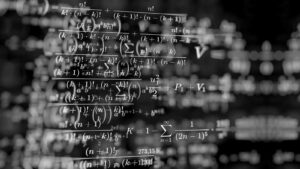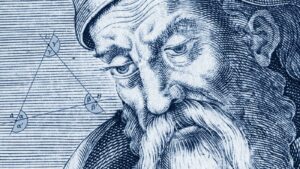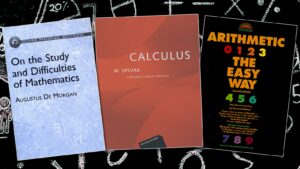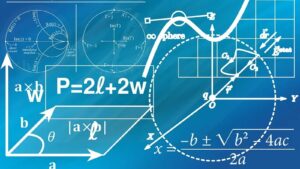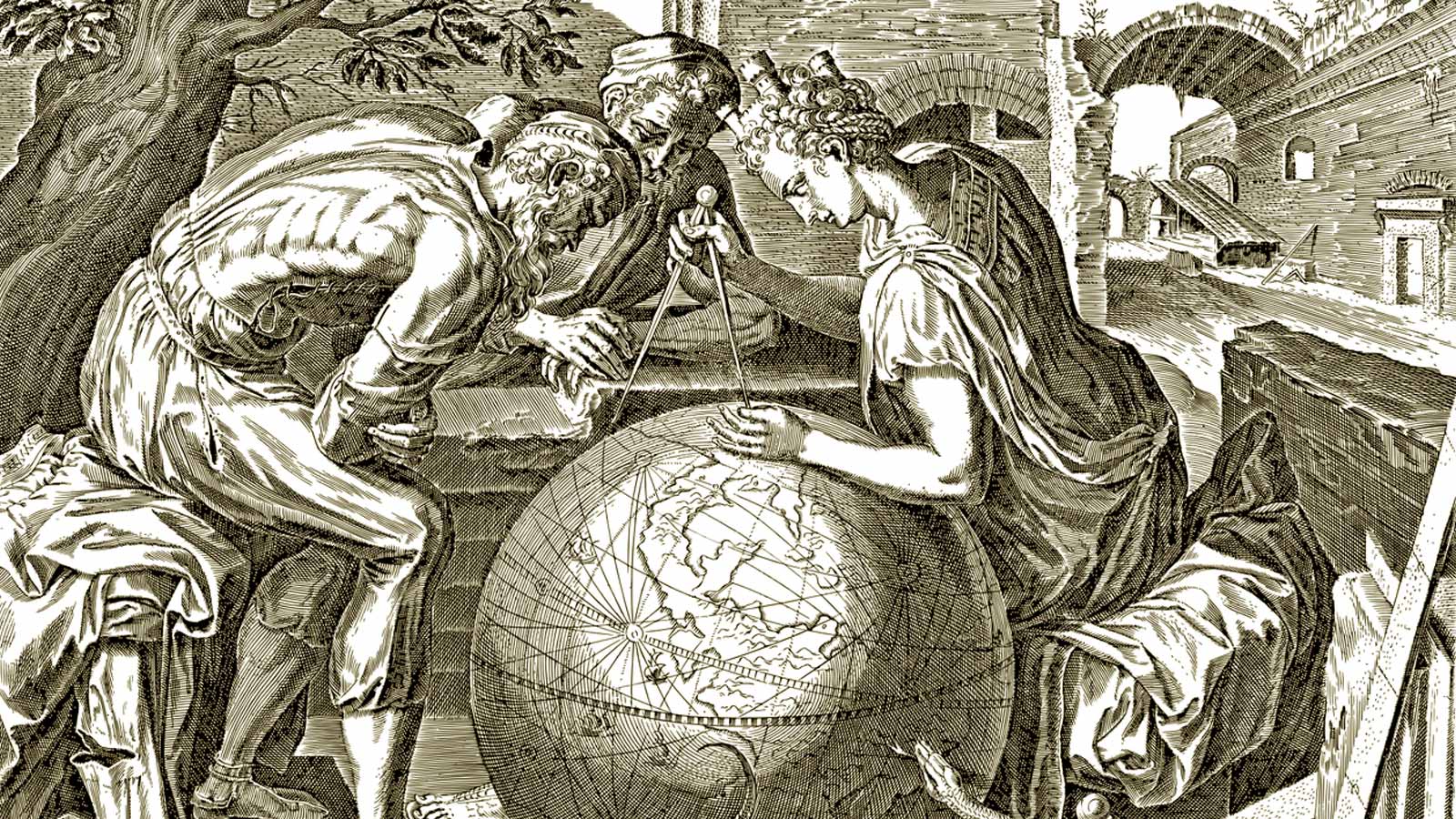
According to Aristotle, mathematics is a science of quantity. Many different polymaths and mathematicians came up with their own definition of this subject over the years. These definitions were largely abandoned during the 19th century, when the study of mathematics intensified. It began dealing with some abstract topics that were not related to quantity and measurement in any way.
This included projective geometry and group theory. Several philosophers and mathematicians of the time began proposing new definitions. A higher emphasis was on the deductive character of mathematics. Some of the definitions emphasize the subject’s abstractness. Here, we’ll take a look at a few prominent characteristics of the subject:
1. It follows a logical sequence
Thales and Pythagoras, the ancient Greek traditions, have greatly influenced modern mathematics. It has inherited the axiomatic arrangement and logical derivation from these traditions. You can also find their influences in Euclid’s presentation of Geometry. The earliest form of mathematics mostly comprised of the human perception of time, space, number, and change.
Later, mathematics began to move away from empirical science. It gradually developed certain concepts through experience, generalization, and abstraction. Today, logical sequence has become an essential characteristic of mathematics. Learning this subject involves proceeding from simple steps to complex calculations in recent times.
2. It is precise and accurate
This is the only subject in the world, perhaps, that can ensure certainty of results. Owing to its greater degree of precision and accuracy, mathematics is an ‘exact science’. The results in this subject are either right or wrong. You’ll end up either accepting or rejecting the results in mathematics.
Whatever the conclusion, you can verify whether it is valid or not. You do this with the use of objectivity and consistency. Besides, it is not restricted to the experts. Anyone who uses proper logical sequence of mathematics at any level can arrive at the same results.
3. It uses mathematical symbolism and language
For the purpose of communicating mathematical ideas, this subject uses symbols along with words. There are certain words and symbols not everyone can understand. This is one of the most important characteristics, which sets it apart from many other subjects.
Such extensive use of symbols also serve a key purpose. It cuts short many statements that would otherwise be quite lengthy. Mathematics, therefore, encourages clear and precise expression of facts. This also makes it inevitable for teachers or professors of mathematics to use correct terms.
4. It is applicable universally
Mathematics is not just a subject for learning. It requires the individual learning this subject to apply the skills that are acquired in it. You can apply the knowledge you gain from the subject universally to solve problems. As the ideas, rules, and formulas in mathematics are universal in nature, a student can verify the validity of results.
With the gradual progression of mathematics over the years, its concepts have become advanced and abstracted. They are in use all over the world in recent times and continue to evolve.
5. It is abstract
When compared to physics, mathematics doesn’t deal with actual objects. There are many questions in this subject, which can’t be solved with the use of direct experiments. For example, infinity is a major concept in the subject. You can never experience infinity and it must therefore be assumed. If you don’t, the counting will never end. So, we can conclude that this is not a concept you can experiment using objects.

